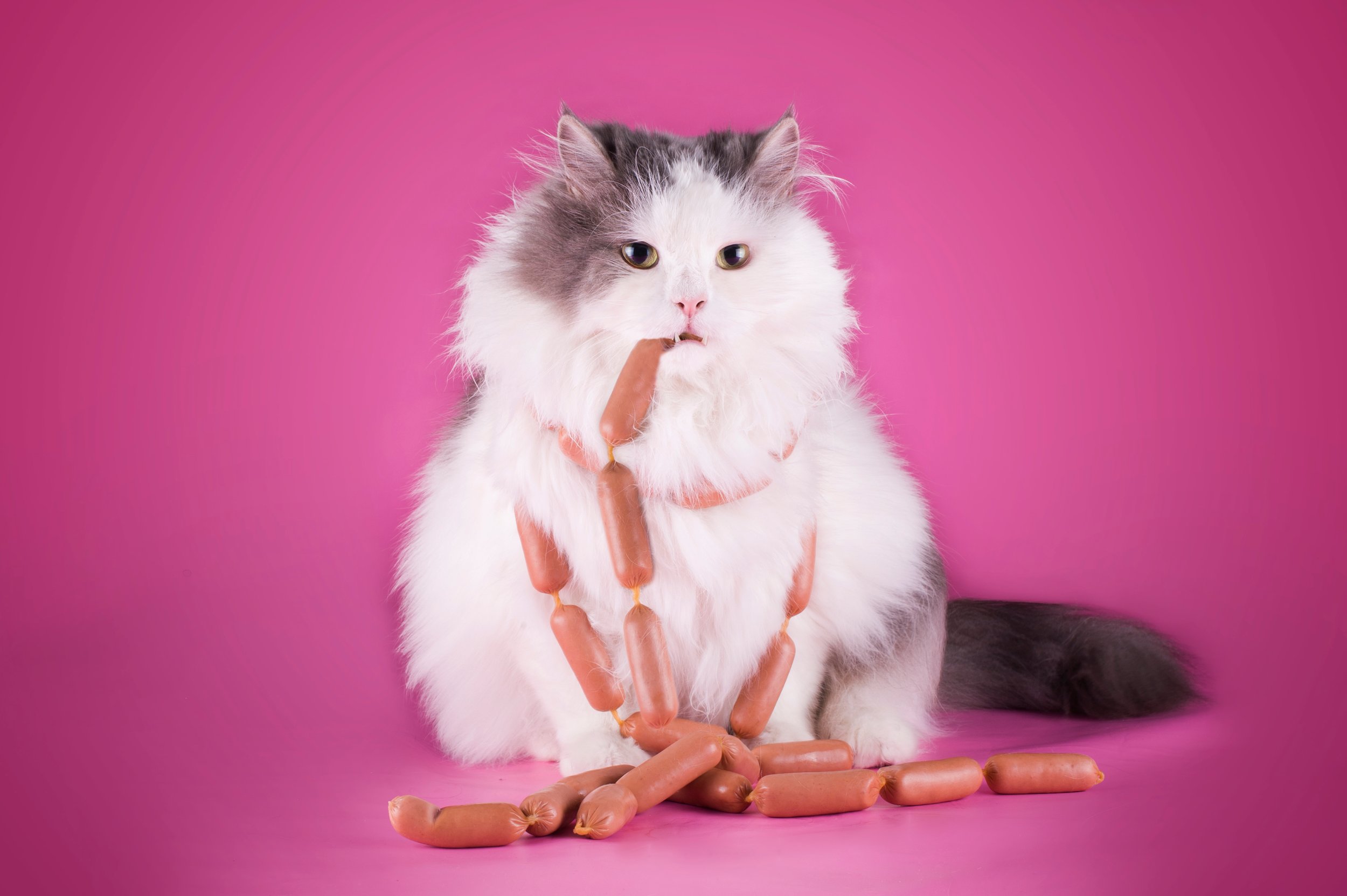Understanding the Serious Dangers of Obesity in Cats
In today's modern world, obesity isn't just a concern for humans – it's a problem for cats, with the Ontario Veterinary College finding that between 50%-60% of all Canadian felines overweight or obese.
While pudgy cats might seem cute at first glance, the truth is that obesity poses serious health risks for kitties, some of which we will explore in this blog, alongside some suggestions for how cat owners can take action to prevent and address this weighty issue.
Understanding Feline Obesity
Obesity occurs when a cat consumes more calories than they burn, leading to an excess accumulation of body fat. Just like in humans, obesity in cats can result from a combination of factors, including overfeeding, lack of exercise, and genetic predisposition. In a world where most cats are kept indoors, it should be no surprise that cats are moving a lot less than they have, historically. Regardless of the cause, however, the consequences of obesity can be severe and far-reaching, so prevention is best, and action is key.
Health Risks Associated with Feline Obesity
Diabetes: Obese cats are at a higher risk of developing diabetes. Many of us already know that diabetes is a very serious disease that can lead to complications such as kidney disease, nerve damage, and even blindness if left untreated.
Joint Problems: Carrying excess weight puts strain on a cat's joints, increasing the risk of arthritis and other muscular or skeletal issues. This can lead to pain, stiffness, and reduced mobility, significantly impacting their quality of life.
Heart Disease: Obesity is a significant risk factor for heart disease in cats, including conditions such as hypertension (high blood pressure), cardiomyopathy (heart muscle disease), and congestive heart failure. These conditions can be life-threatening if not managed properly. It’s incredibly important to pay close attention to your cat’s heart health. Lots of cats are born with genetic predispositions to serious heart disease which can result in early death, even if detected early.
Respiratory Issues: Excess body fat can compress a cat's chest cavity, making it difficult for them to breathe properly. This can lead to respiratory problems such as labored breathing, panting, and decreased exercise tolerance. It also increases their odds of snoring and suffering from breathing issues in their sleep.
Reduced Lifespan: The reality is, and studies have proven it, that obese cats tend to have shorter lifespans compared to their leaner counterparts. There are a multitude of reasons that this fact remains true, and the best defense is a healthy weight.
Preventing and Managing Feline Obesity
Preventing and managing obesity in cats requires a multifaceted approach that includes proper nutrition, regular exercise, and veterinary oversight. Here are some tips for keeping your cat at a healthy weight:
Feed them a balanced diet: Choose high-quality cat food that’s appropriate for your cat's age, weight, and activity level. Avoid overfeeding and grazing, and limit treats to prevent excessive calorie intake. Talk to your vet to find the best food for your cat.
Encourage exercise: Provide opportunities for your cat to engage in physical activity, such as interactive play sessions, chasing toys, or using puzzle feeders to stimulate their mind and body. Remember, if you do this while they are still fit, it will be easy for them to stay healthy. Heavier cats tend to dislike exercise, but they can still make it happen!
Monitor weight and body condition: Regularly weigh your cat and monitor their body condition to track changes and adjust their diet and exercise routine accordingly.
Consult with your veterinarian: If you're concerned about your cat's weight or nutritional needs, consult with your veterinarian for personalized advice and recommendations. Your vet can help create a tailored weight management plan for your cat's specific needs.
Final Thoughts
Feline obesity is a serious health issue that can have detrimental effects on a cat's overall health and well-being. It might make them sick, but it also might end their lives prematurely. By understanding the dangers of obesity and taking proactive steps to prevent and manage it, cat owners can help their furry friends live longer, happier, and healthier lives. Remember, a healthy cat is a happy cat – so let's work together to keep our feline companions trim, fit, and thriving for years to come!

